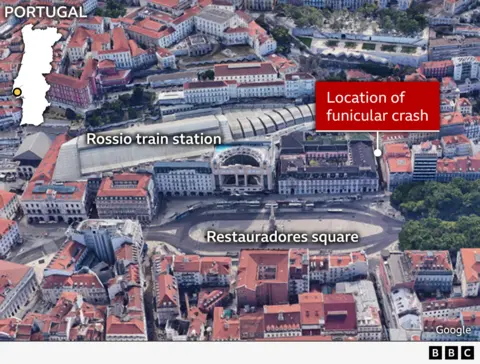US Imposes Sanctions on UN Expert Francesca Albanese Amidst Gaza Criticism
The United States government has officially imposed sanctions on Francesca Albanese, a United Nations Human Rights Council special rapporteur who has been a vocal critic of Israel’s ongoing military operations in the Gaza Strip. This significant decision, announced by Secretary of State Marco Rubio, marks a notable escalation in diplomatic tensions and underscores the US administration’s stance on international legal bodies and their engagement with allies.

Secretary Rubio directly linked the sanctions to Albanese’s perceived support for the International Criminal Court (ICC). He stated that the US is sanctioning Albanese for her direct engagement with the ICC’s investigations, particularly those concerning alleged war crimes involving American or Israeli nationals. Rubio further asserted that her actions render her unfit to serve in her capacity as a UN Special Rapporteur, a role that typically involves independent and impartial reporting on human rights situations.
The imposed sanctions are expected to have tangible consequences for Albanese, potentially restricting her ability to travel to the United States and freezing any assets she may hold within the country. This action follows a broader pattern by the US administration to challenge the ICC, including previous sanctions against some of its judges. These measures were notably implemented after the ICC initiated proceedings and sought arrest warrants for Israeli Prime Minister Benjamin Netanyahu and his then-defense minister Yoav Gallant, related to alleged war crimes in Gaza – accusations that Israel firmly rejects.
Adding further weight to the US government’s decision, Secretary Rubio accused Albanese of “spewing unabashed antisemitism, expressing support for terrorism, and open contempt for the United States, Israel, and the West.” These strong accusations suggest a deep ideological divide and a perception within the US administration that Albanese’s critical stance transcends legitimate human rights reporting.
The timing of these sanctions is particularly noteworthy, coinciding with Prime Minister Netanyahu’s visit to Washington. His visit included a significant reception at the Pentagon, highlighting the strong diplomatic ties between the US and Israel. The announcement of sanctions against a prominent critic of Israeli policy during such a high-profile visit is likely to be interpreted as a strong signal of US support for its ally.
This move is anticipated to generate significant backlash from human rights advocates and international organizations that have been calling for greater accountability regarding the civilian casualties in Gaza. Critics of the sanctions argue that they are an attempt to silence legitimate criticism and to shield allies from international scrutiny. Albanese herself has previously refuted similar allegations, emphasizing in past statements that her work is not personal but rather focused on upholding international law. She has consistently argued that certain Western governments have not done enough to support Palestinian rights and has accused them of using accusations of antisemitism to stifle criticism of their policies.
The conflict in Gaza, which precipitated these events, began after the Hamas-led attack on southern Israel on October 7, 2023. That attack resulted in approximately 1,200 deaths and the taking of 251 hostages. In the ensuing Israeli military campaign, the Gaza health ministry, which is run by Hamas, reports that at least 57,575 people have been killed. The humanitarian crisis in Gaza is severe, with a significant portion of the population displaced, widespread destruction of homes and infrastructure, and a collapse of essential services like healthcare and sanitation. Critical shortages of food, medicine, and shelter persist, exacerbating the suffering of the civilian population.
The situation highlights the complex geopolitical landscape surrounding the Israeli-Palestinian conflict and the challenges of navigating international law, human rights, and political alliances in a deeply contentious environment.



Post Comment